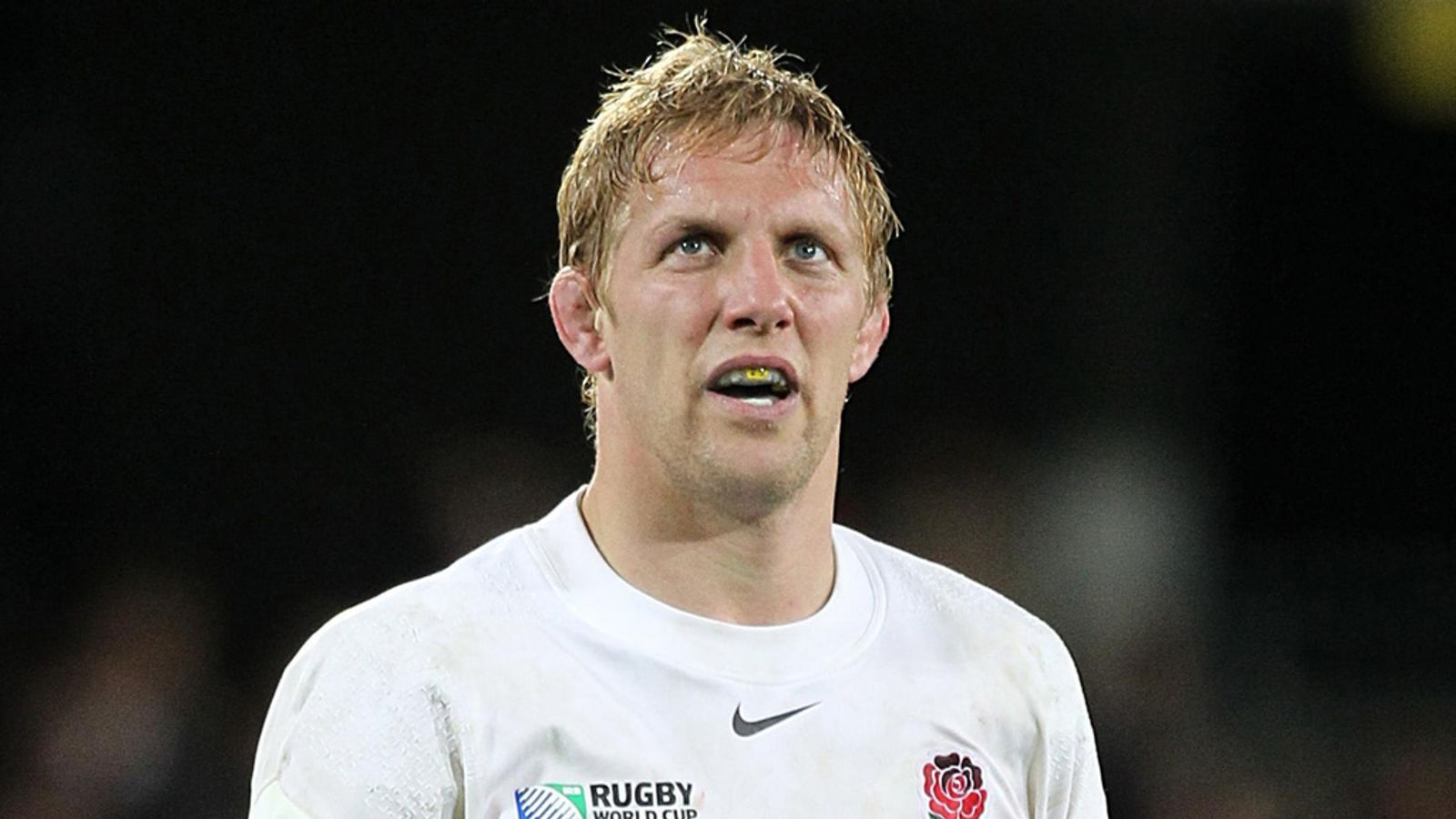Playing rugby has no causal link to motor neurone disease, according to an expert in the incurable muscle-wasting condition.
The game is reeling from the news that 47-year-old former England captain Lewis Moody has been diagnosed with MND, which caused the death of fellow players Doddie Weir, Rob Burrow and Joost van der Westhuizen.
Leicester and Gloucester second row Ed Slater was also given the same diagnosis in 2022.
Dr Nick Cole, head of research at MND Association, says that research indicates a combination of factors are responsible for the progressive disease that attacks the brain and spinal cord.
“There is no concrete, definitive link between rugby and MND,” Cole said.
“Considerable work has gone into trying to find any commonalities or causes with sport and exercise. There have been studies that show there is an increased risk in people who play professional sport but they were small studies, so it was a small increase in a small number of people.
“It’s more a case of perception because you have got these high-profile people kindly sharing their stories, but six people will be diagnosed with MND every day.
“So it is not the rugby per se, it could be a genetic predisposition to developing MND for people who are built to be active and take part in sport. We know that MND is caused by a mixture of environment, lifestyle and genetics.
“Sport could be one of the contributing factors, but there are many other subjects within the biology of MND that we are investigating to find the effective treatments we need.”
There have been significant recent breakthroughs in treatment after an effective therapy was developed for one genetic form of MND, although this is not yet available on the National Health Service.
Funding from the MND Association has underpinned many of the discoveries and it is hoped that more medications will follow, but neurodegenerative diseases are complex and a cure could be found “tomorrow or in several years’ time”.
“We now know that MND is not untreatable, it is just underfunded and we need to raise more funds to do more research to get us closer to effective therapies,” Cole said.
“It’s an absolutely devastating diagnosis. It’s extremely difficult for people and their families to take on board because it comes out of the blue and can affect anybody.”
Moody’s friends and former Leicester team-mates Geordan Murphy and Leon Lloyd have set up a GoFundMe page for a British and Irish Lion who captained England 12 times.
“The disease can in some people be so rapid. A third of people die within two years of diagnosis,” Cole said.
“Every case will require housing adaptation, which can be a slow process through statutory service so by the time you have got the funding you need, you may have moved on to another stage of disability.
“The care that you need can be expensive, in addition to the inability to work.”


